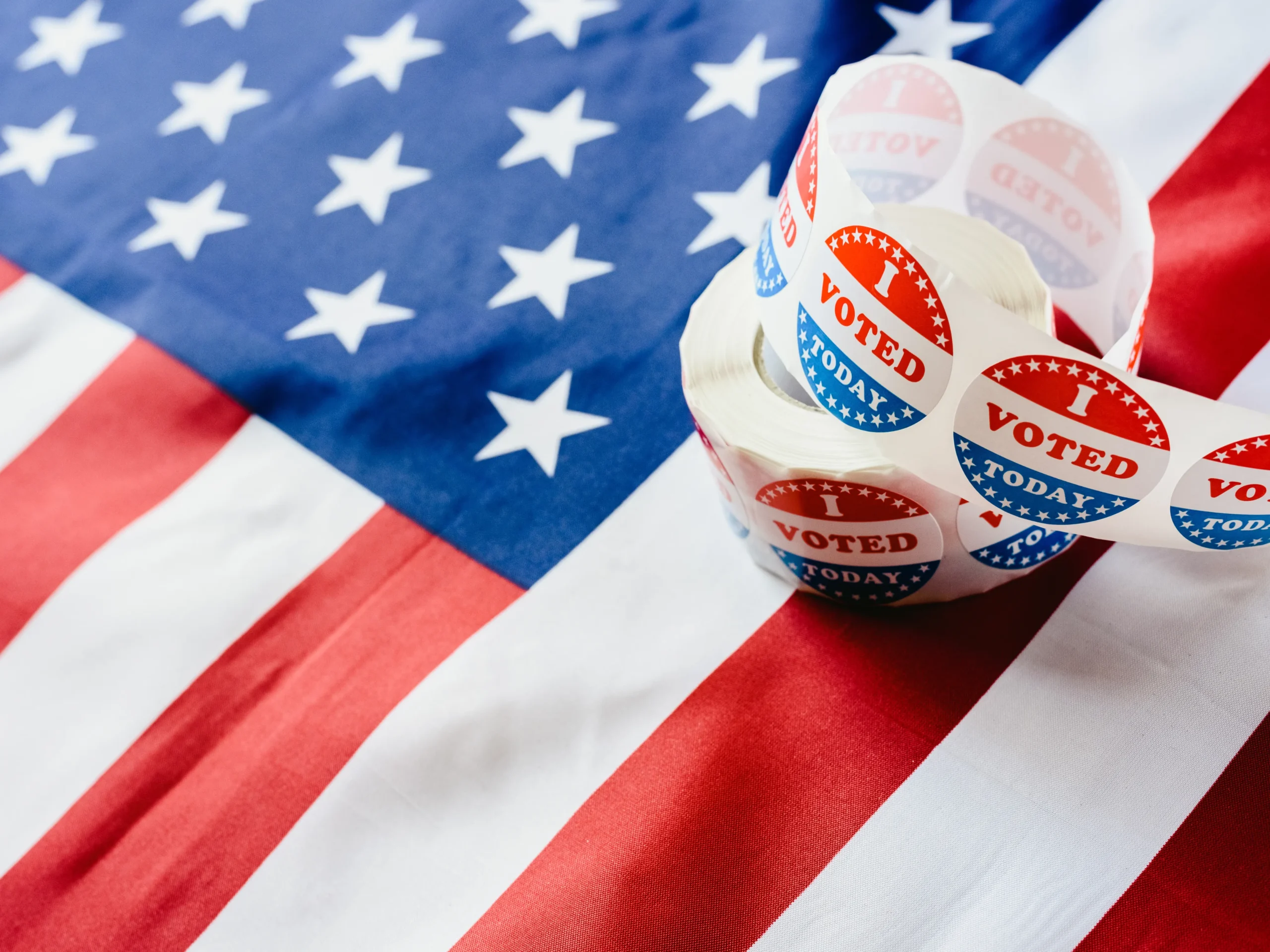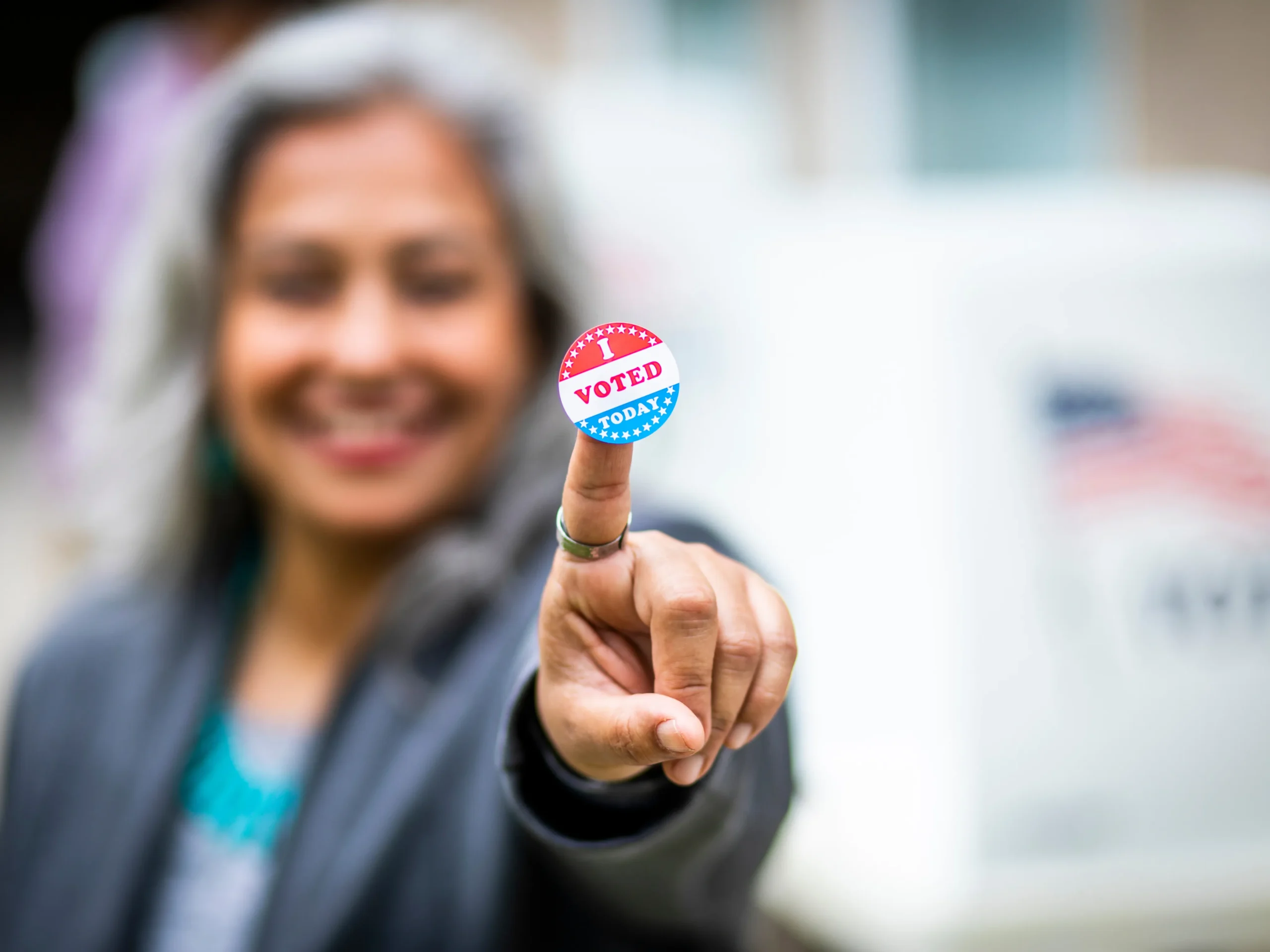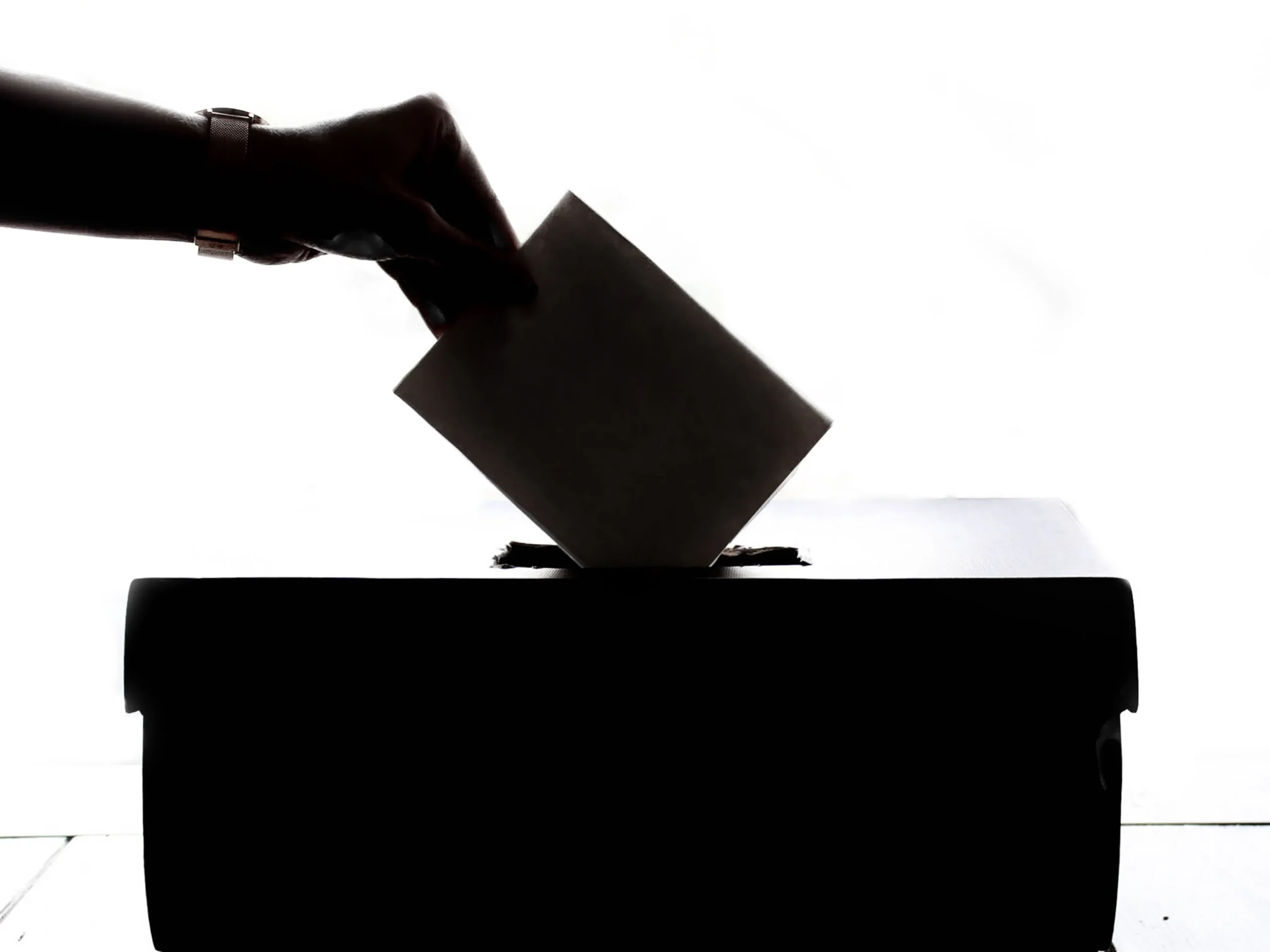

The use of advertising in politics is not a new phenomenon. In fact, it has been part of American politics since the early days of the republic]. Advertising has since undergone a huge transformation with the introduction of digital marketing and has brought unprecedented results, reaching more audiences anywhere and anytime. However, while political advertising has numerous advantages, it also has drawbacks and can work against the campaign. So, let’s look at the benefits and drawbacks of political advertising.
Political advertising promotes political ideas, policies, and candidates through different marketing outlets. Political advertising, like other forms of advertising, seeks to engage and convert audiences into voters. And, like promoting a product, the success of political ideas and candidates is heavily influenced by visibility.


Political advertising is an effective tool in increasing voter awareness. Various advertising tactics allow candidates to communicate policies across different platforms. For example, airing advertising on television during election season provides voters insight into a candidate’s views and positions on crucial issues such as the economy and immigration. Other mediums, such as video clips and infographics on social media, can further explain ideas in an easier way, capturing a wide range of audiences.
One of the most crucial advantages of using advertising is better targeting messages. The use of micro-targeting, for example, where techniques such as data analytics are utilized to identify specific groups of people and are used to tailor a message that resonates with the interests of the voters, coupled with the diverse advertising media available, messages can land on the right target at the right time. For example, suppose a candidate is trying to reach young middle-class families. In that case, they can create engaging ads on platforms where young people are primarily on, such as digital platforms, giving the candidates’ solutions to the issues that concern them, such as how to lower the cost of everyday goods or create more jobs.
Political candidates now also have a platform to communicate directly with voters via online channels, like social media. Candidates can talk via Twitter in real time, directly addressing voters’ questions or concerns, resulting in higher engagement.
Political advertising is also effective in promoting activities, such as campaign rallies and fundraising events. By using different types of advertising, from social media to radio to flyers or billboards (depending on the campaign strategy), candidates can raise awareness about the events and mobilize supporters to come, encouraging them to take firm action, such as donating or pledging their vote.


Political advertising can be a double-edged sword. Candidates can use advertising to promote their ideas and goals for the country, but they can also use it to attack other candidates. Negative campaigning, which broadcasts negative information in order to influence public perception in the hopes of persuading voters, can also contribute to political discourse and undermine the democratic process. In these circumstances, political advertisements are chosen to focus on emotional appeals, such as instilling fear or distrust, resulting in a distortion of public opinion and poor decision-making.
When it comes to politics, advertising means big money. Running for office means a candidate needs to have the resources to reach out to many people locally or across the country. This very fact can be a major disadvantage for independent candidates who may not have the resources to spend on big advertising to get the widespread exposure needed to run for office successfully. Minor candidates will struggle to get their messages across without the funds required for advertisement. The whole process can affect the quality of leaders: not getting the candidate that isn’t necessarily the best (with the best plans) but those with the proper financial backing.
Exposure to a regular and vast flow of information, similar to marketing a product or service, can be overwhelming for the general population. This can lead to exhaustion and disinterest, which is something a political candidate should avoid. When people stop caring about an issue, they can become disengaged in the process, harming the country’s democratic qualities.
Political advertising has become indispensable to today’s political landscape. Advertising allows candidates to reach a wider audience, enhance targeting, and deliver engaging messages that resonate with voters. However, political advertising can also be a challenge for one’s campaign. There’s the issue of negative advertising, where messages and the spread of misinformation are used to stain one’s image and reputation, and the big money in ads, which gives the edge only to candidates who have the right financial backing.
For the good of the country, political candidates must win over voters by competing with the best policies using the best advertising ideas and strategies. If you’re looking to create just that, contact our team today! We at Nartak know the ins and outs of political advertising and can deliver the results you need to thrive!